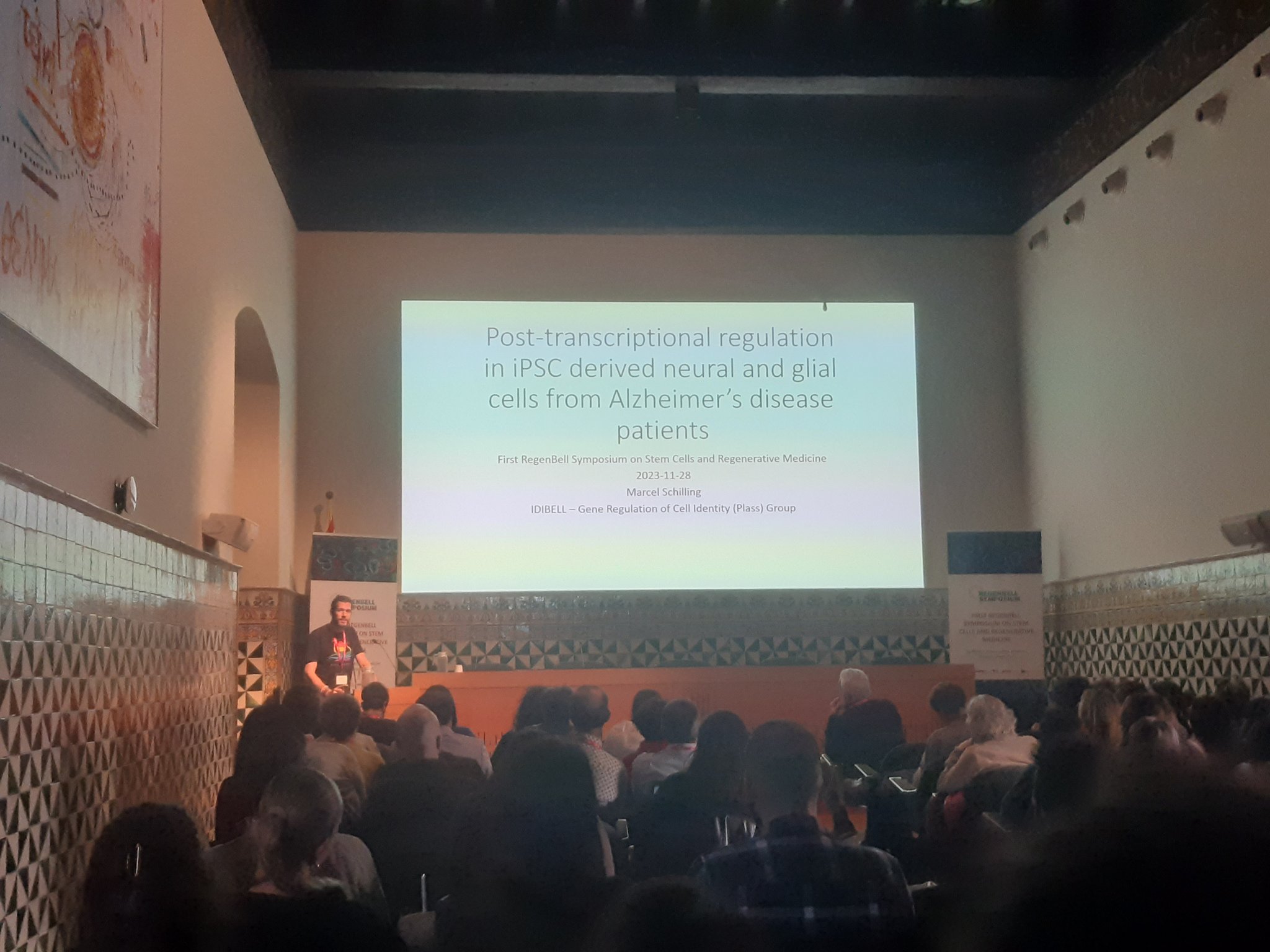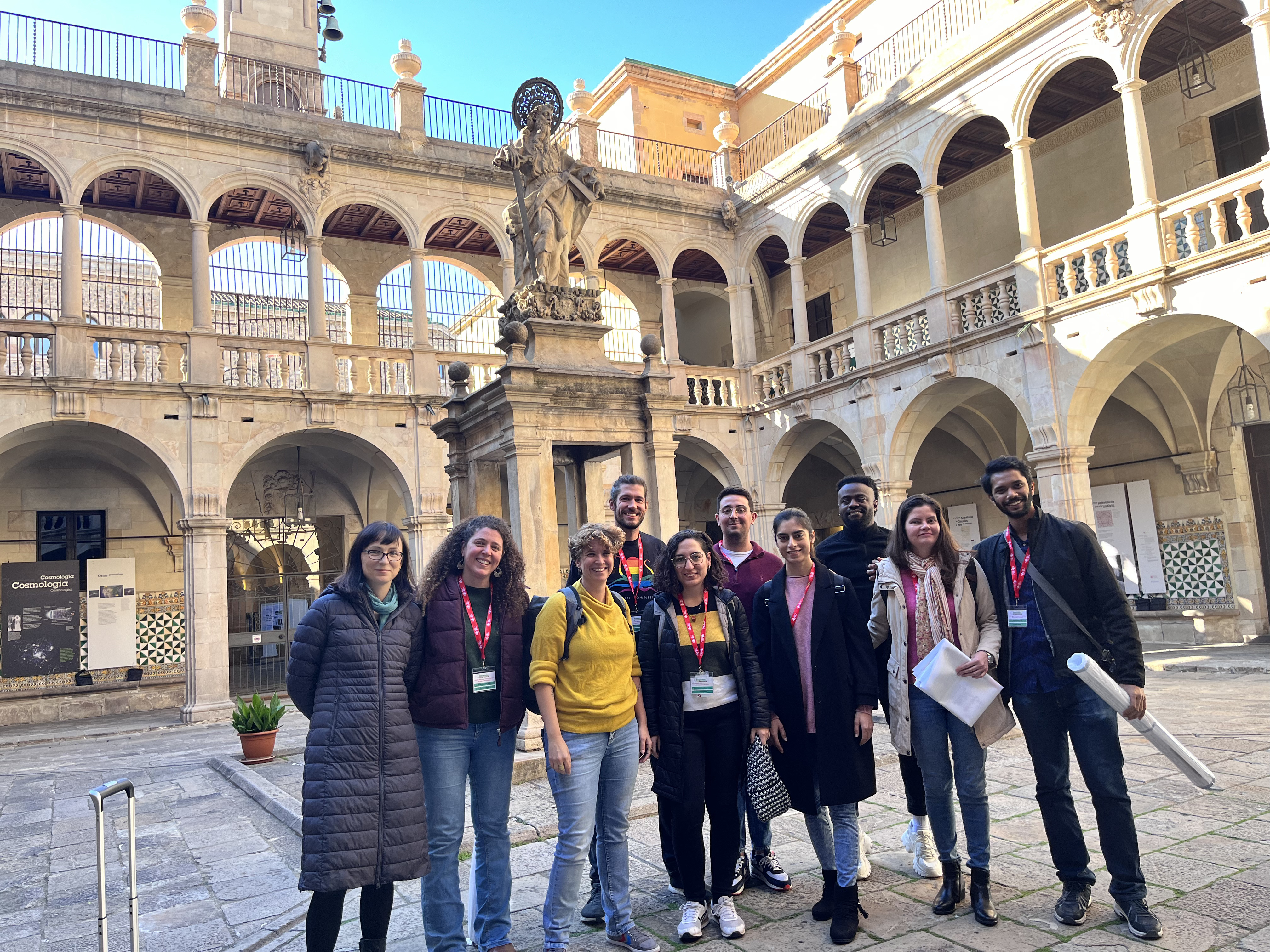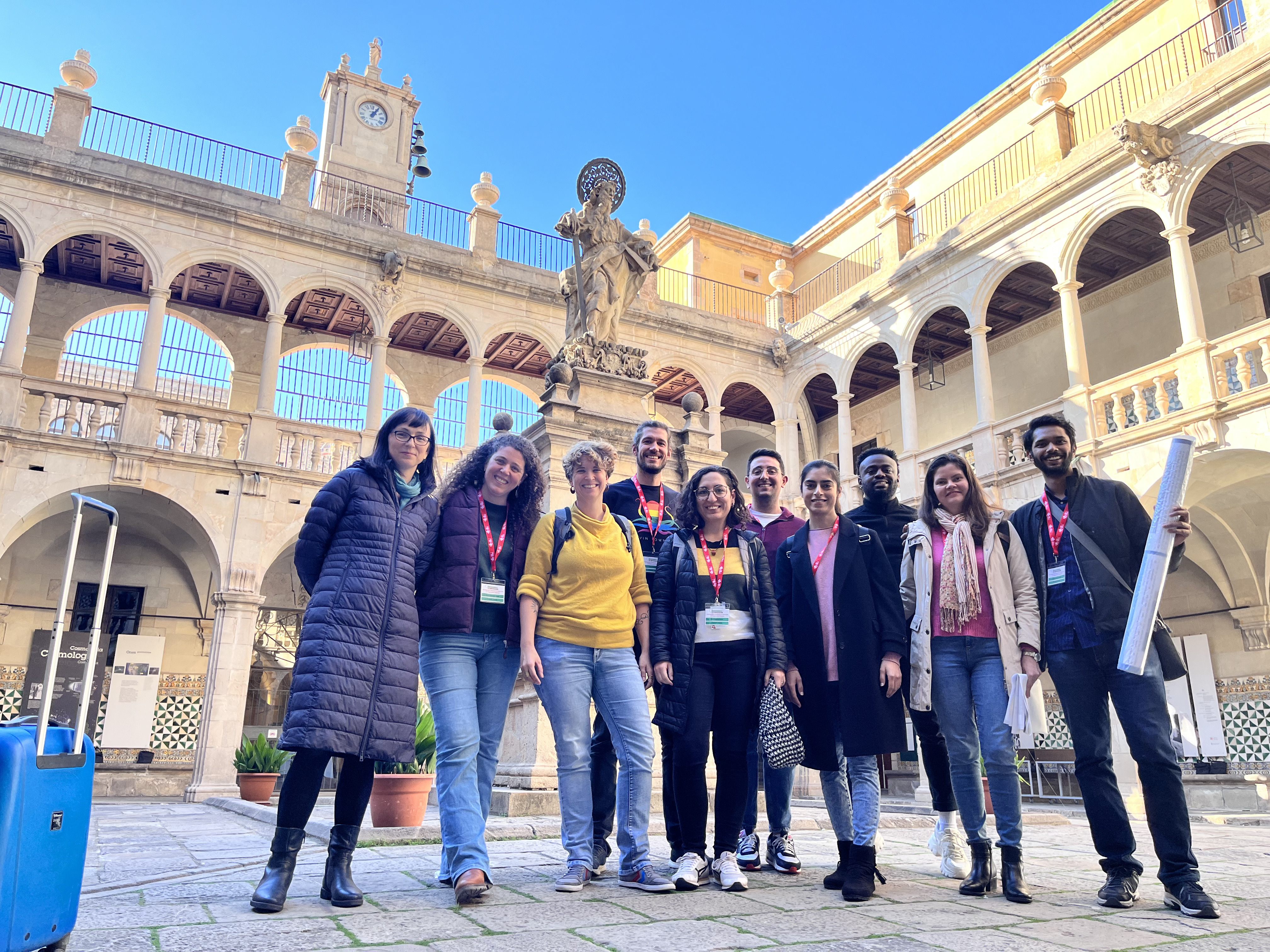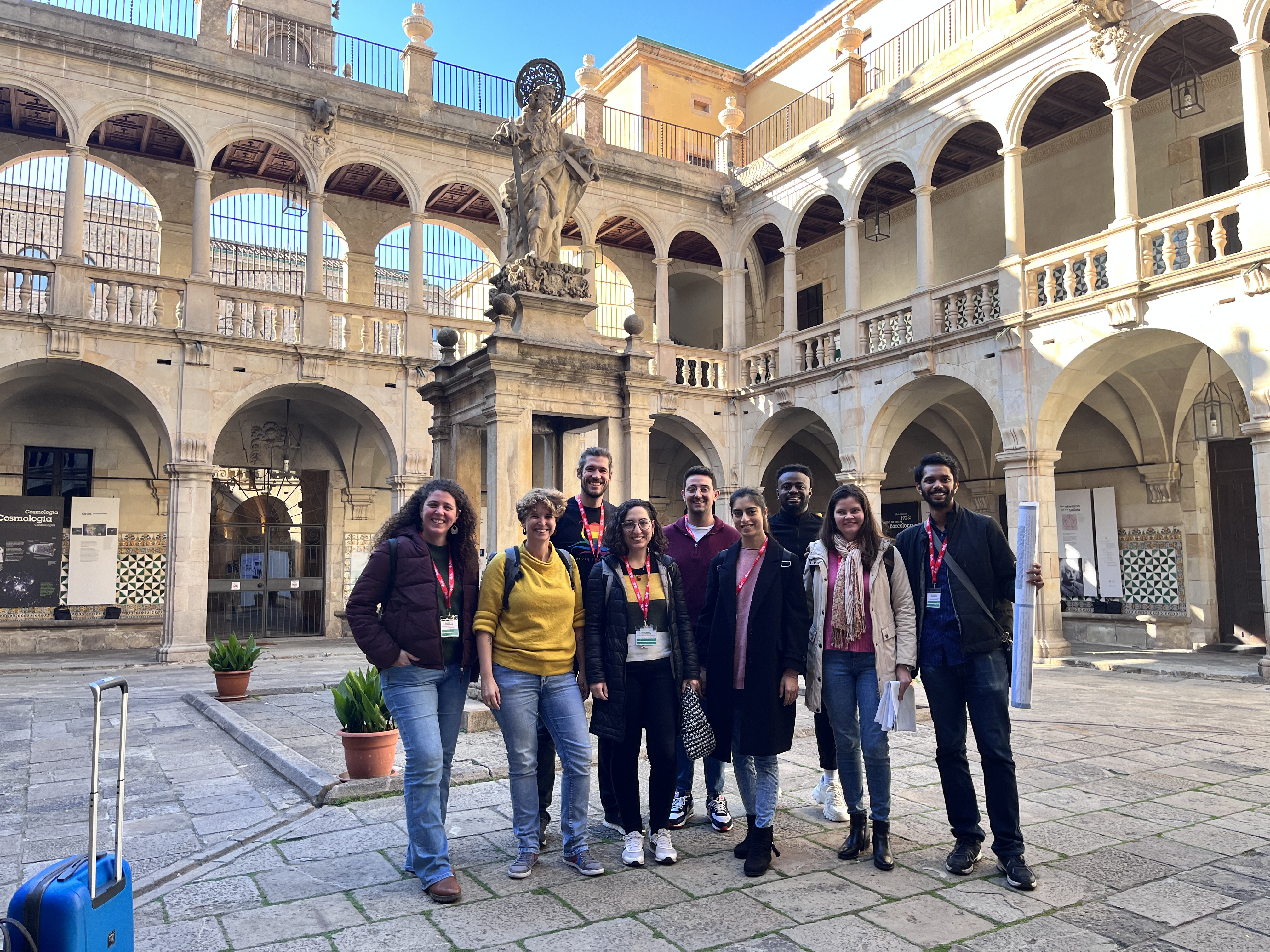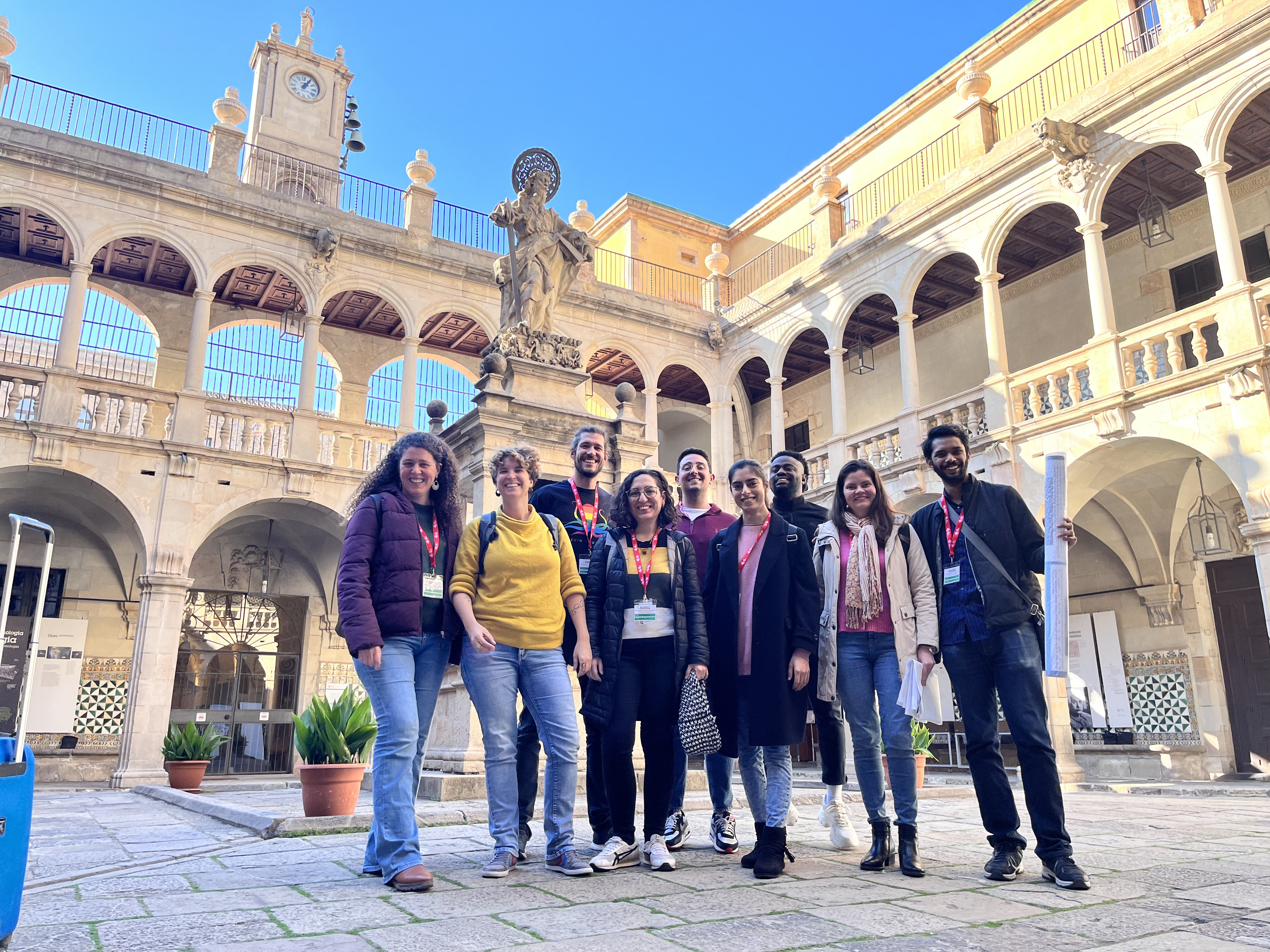Abstract
Alzheimer’s disease (AD) is the most common cause of dementia but its pathogenesis still remains poorly understood. Post-transcriptional regulation, e.g. via RNA-binding proteins (RBPs) or alternative cleavage and poly-adenylation (APA) has been shown to be implicated in AD. However, whether the corresponding alterations play a causative role or rather represent consequential symptoms has not yet been shown. To address this question, and ideally identify potential new therapeutic targets, we investigate the transcriptional landscape of single cells progressing from iPSCs derived from AD patients and healthy controls throughout their differentiation to neural and glial cells. We detect up to 8000 genes per cell across more than 80000 cells over five developmental time points. Clustering and transcriptome profile analyses identified all major cell types (iPSCs, NECs, NPCs, Neurons and Astroctyes) including various precursor and mature cell populations in both conditions (AD and control). Differential gene expression analyses identified several differentially expressed genes that have been previously linked to AD. Amongst the differentially expressed genes were several RBPs, implicating the corresponding regulatory networks as potential targets for further investigation. Differential 3’ UTR usage analyses using SCALPEL revealed that several genes previously implicated in AD pathogenesis display changes in APA between AD and control cells. Here we present those results and our efforts to validate individual findings, and integrate these lines of evidence towards a better understanding of post-transcriptional regulation in pre-neurodegeneration AD.
For the first edition of this new local conference, my abstract on our work on transcriptomic changes in early Alzheimer’s Disease using a stem cell model was selected for a short oral presentation.
While I was not particularly satosfied with my own presentation in the end, I did enjoy the rest of the conference and managed to draw some attention to Franz’ poster on SCALPEL at least.
Also, I met some of the people from the local community that I got to know since moving to Barcelona as well as a former colleague from Berlin, that was invited as a speaker by the organizing committee.
I am looking forward to attending the next edition of this symposium.
Thanks to the sponsors for making it possible to offer this conference free of charge.
